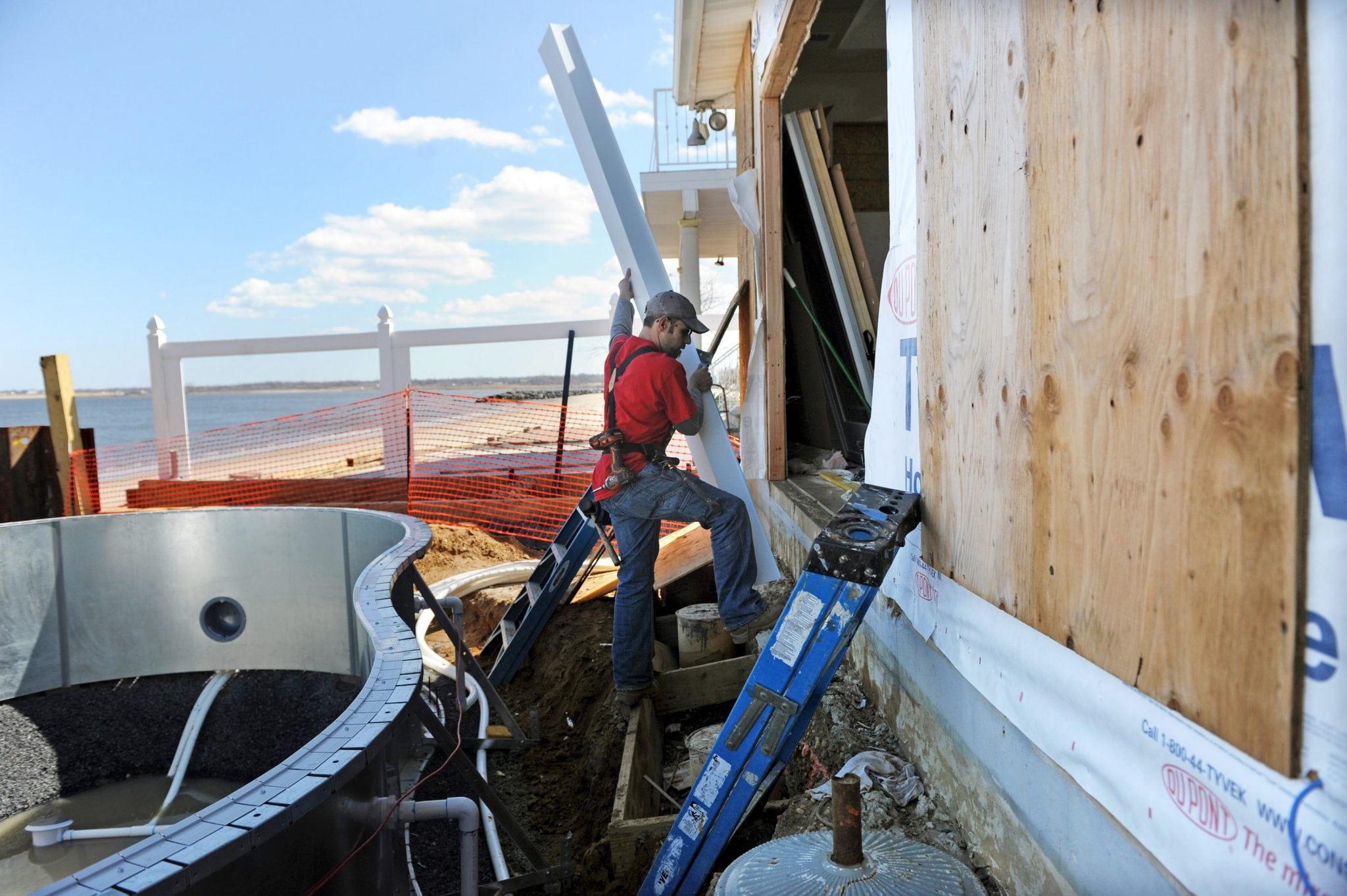New Jersey tourism had record year in 2012 even with Hurricane Sandy

Skift Take
Tourism demand in New Jersey reached record levels last year despite Hurricane Sandy disrupting the region and declines in the casino industry, according to a new tourism study published by the state on Wednesday.
Visitor spending in New Jersey rose nearly 3 percent in 2012 and, along with capital investment and general government funding of tourism, accounted for $40 billion, surpassing by half a billion dollars the previous record set in 2007, according to The Economic Impact of Tourism Report (see full report, below).
"New Jersey really is coming back," Gov. Chris Christie said in announcing the results of the study at the annual New Jersey Conference on Tourism at the Golden Nugget in Atlantic City.
Direct sales generated by tourism also rose nearly 3 percent in the state to $38 billion last year. There was a decrease of 2 percent in Atlantic County to nearly $8 billion -- likely due to the casino industry -- but increases of nearly 4 percent in Cape May County, 6 percent in Ocean County and 7 percent in Cumberland County, according to the study conducted by Philadelphia-based Tourism Economics.
In addition, the number of visitors grew by nearly 5 percent last year compared to the previous year. While casino wins declined 8 percent over the year, spending on lodging in New Jersey rose high enough to outpace that loss, the report said.
Atlantic County still leads the state in tourism-related tax collections, capturing nearly 20 percent of total state and local tax receipts with Cape May County second at nearly 11 percent. Ocean and Cumberland counties captured nearly 10 percent and less than 1 percent, respectively, the report said.
Christie said that while tourism figures show the state progressing, he urged the hundreds of tourism leaders, business owners, elected officials and others who attended the conference to help maintain the character of the shore so that future generations could enjoy it, particularly in light of the rebuilding occurring in some shore areas.
"In the end, our success or failure in this endeavor will be judged about whether we maintain the character of the place that we've been able to experience so many memories in," Christie said. "You, in large measure, are the protectors of that character."
Another speaker at the conference, Pam Breaux, Louisiana's assistant secretary of the Office of Cultural Development, also had advice for New Jersey as it recovers from Sandy, including in the area of voluntourism that started when more than a million people came into the state to help Louisiana following Hurricane Katrina.
"It created a spirit and a new cadre of service vacationers," she said. "Twenty thousand folks who helped initially post-Katrina still come back to our state to volunteer and also to have a good time."
Breaux also urged New Jersey to ask the Federal Emergency Management Agency to agree to pay the hotel tax for the many agency recovery workers and contractors who stayed in lodging accommodations. By taking rooms normally occupied by tourists and being exempt from paying the tax, the agency was hurting the state, Breaux said.
"We fought that and won and you can do that too," she said.
Breaux also talked about Louisiana's experience with hosting the Super Bowl, urging New Jersey to begin marketing the state to the news media three months before the 2014 game in East Rutherford in order to maximize coverage. New Jersey also should lobby to host a booth during the Super Bowl Media Day the National Football League sponsors prior to the game.
"We had to insist and insist again and eventually we got it," she said, adding that through the booth, Louisiana was able to offer a selection of seafood dishes that showcased the state's cuisine. "It'll be a hard fight but it'll be worth it."
[gview file="http://www.visitnj.org/sites/visitnj.org/files/2012-nj-tourism-economic-impact-state-and-counties.pdf"]
(c)2013 The Press of Atlantic City (Pleasantville, N.J.). Distributed by MCT Information Services. ![]()




